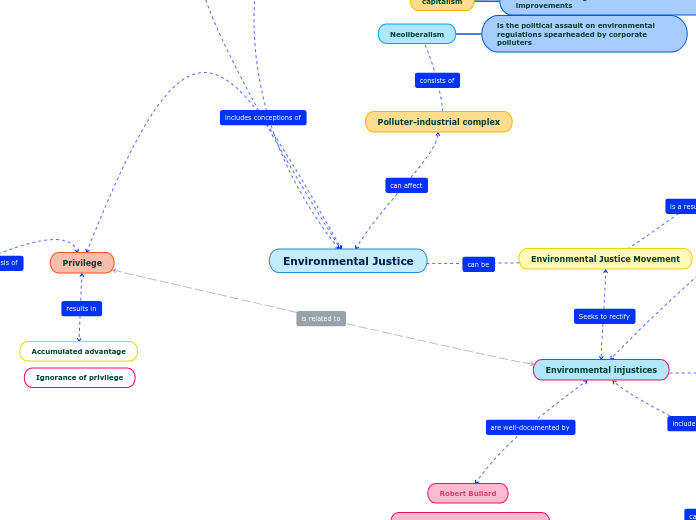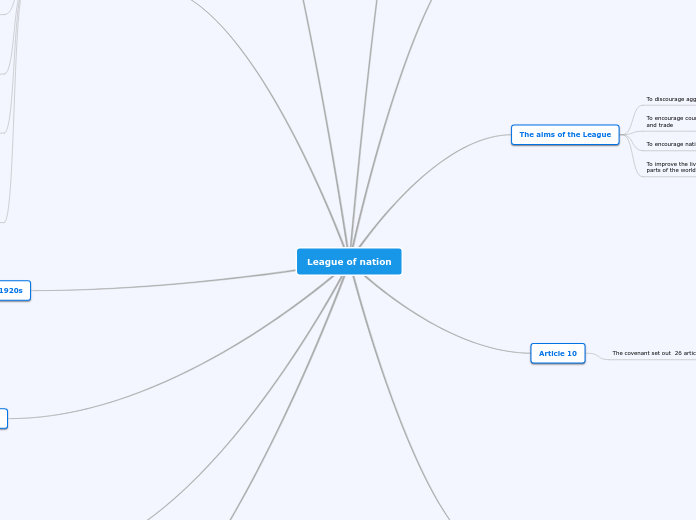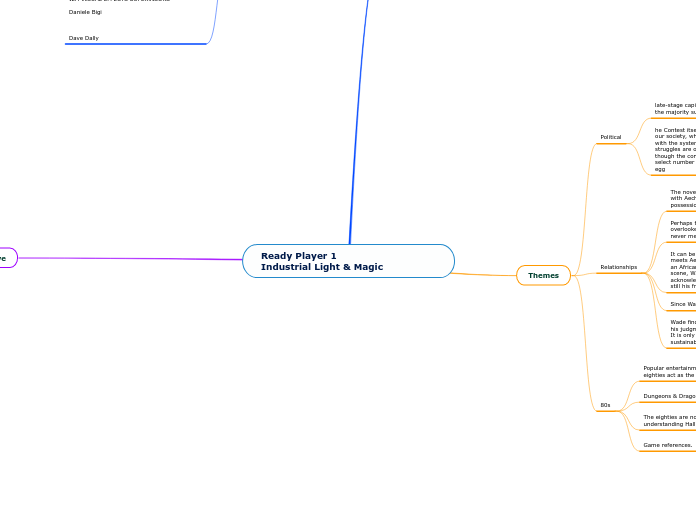作者:ISABELLA BARTOK 4 年以前
823
Environmental Justice
The text discusses the interplay between social and environmental justice within the context of various movements and ideologies. It highlights how capitalism and neoliberalism often prioritize economic growth over environmental protection, leading to significant environmental inequalities.
開啟
people in their right to self-determination Non-white persons Migrant Workers African Americans the places where people live, work, and play instead of the the "traditional" understanding of nature and the outdoors "The Environment" Environmental inequalities different stakeholders struggle for access to scarce resources global trade because products are cheaper when they are produced in other countries with less environmental regulations, waste is often dumped in other countries Robert Bullard unethical treatment in wages, working conditions, and disregard of environmental hazards monopolies allows cooperations to disregard environmental regulations Neoliberalism is the political assault on environmental regulations spearheaded by corporate polluters capitalism favors economic growth over environmental improvements equitable distribution of social goods across the population addressing the needs of minority groups to be better heard/seen Life Cycle Analysis Ignorance of privilege Accumulated advantage Religion opportunities, access to opportunities, and relevant societal context Socioeconomic status Education Gender Race Warren County, North Carolina Tar Creek Love Canal Kettleman City resources become distributed unevenly UCC Commission for Racial Justice Environmental Inequality Formation Model Distribution Academia and research Native Americans Labor movement Anti-toxics Movement Justice Civil Rights Movement Recognition Participation Capabilities Environmental Justice Movement Environmental Racism Environmental injustices Polluter-industrial complex Privilege Environmental Justice









